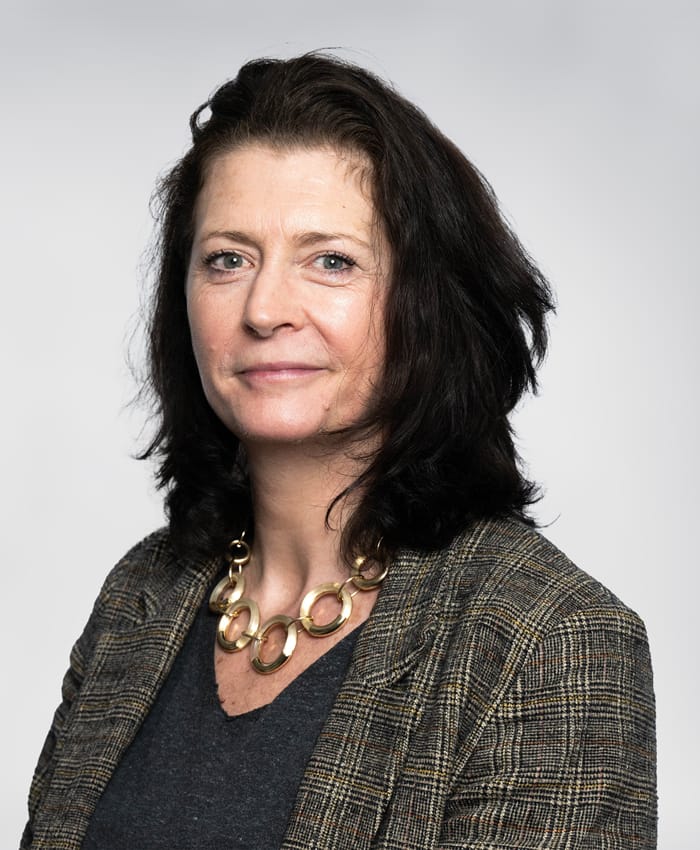With today being International Women’s Day, we share news that Equileap, the leading provider of gender equality data & insights globally, has published its sixth annual Gender Equality Global Report & Ranking showing slow progress towards gender equality
The report provides a status update on gender equality in the corporate world globally, presenting the top 100 companies which score the highest as well as providing key insights per country, sector and on specific issues ranging from the gender pay gap and female representation at all corporate levels to parental leave and anti-sexual harassment policies.
The research examined 3,787 companies, representing 102 million employees globally, that are listed on a major index or in one of 23 developed markets.
Diana van Maasdijk, CEO at Equileap: “It is disappointing to see that despite all the talk and commitments from global leaders, actual progress towards gender equality in the workplace is still painfully slow. And yet, our sixth global gender equality report brings some good news. Since 2021, average scores have risen 7 percentage points, a significant move in a dataset that covers 102 million employees around the world.
“In addition, there is rising awareness that better gender equality means better performance. When we launched the Euronext Equileap Gender Equality France 40 Index in November last year backtesting showed companies with better gender equality outperform by 3% over 3 years.
“Those kinds of numbers get noticed by investors and CEOs, and create an incentive for change. But if money talks, legislation shouts. It’s telling that in nearly every country researched, we see government commitments that will create better gender equality at work. Progress is far, far too slow but we know that our data is helping investors and companies build a new momentum – “what gets measured gets managed.””
Focus on the Financial Sector
The average score for the 516 companies in this sector is 44% – a significant rise from 38% last year. The financial sector has four companies in the global top ten (Medibank, Allianz, UBS and Westpac). The sector outperforms the global average (38%) for female representation in the workforce (banks 56%, diversified 43%, insurance 55%).
In addition, research1 shows that efforts to close the gender gap in leadership roles are creating a “multiplier eect”: for every woman joining the C-suite, up to 5 more are joining senior leadership roles just below the C-Suite.
The sector is also the most transparent on the gender pay gap with 32% of companies publishing pay data (higher than the global figure of 22%). However, it still needs to take concrete actions to improve parental leave, flexible work options, and to create better support for women through career advancement.
Gender Balance
- ● Women at the top are still very rare. A minority of 6% companies globally have a female CEO, 15% have a female CFO and 8% have a female chair of their board.
- ● A small minority of 18 companies globally achieved gender balance at all company levels: board, executive, senior management and workforce (a number which has not improved since 2022).
- ● Globally, women represent 28% of board members, 20% of executives, 26% of senior management and 38% of the workforce. These numbers have remained almost stagnant in the past 3 years.
- ● The glass ceiling between the workforce and executive positions remains most pervasive in Hong Kong and Switzerland. Both have high representation of women in the workforce (40% and 39% respectively) but particularly low representation on executive teams (17% and 14%).The Gender Pay Gap & Sexual Harassment
- ● Only 28 companies closed their gender pay gap, 9 more than 2022, but still less than 1%.
- ● Disparities in gender pay gap transparency between countries remain huge: 98% of Spanishcompanies publish gender pay data whereas in the USA this figure is only 12%.
- ● 60% publish an anti-sexual harassment policy (rising from 49% in 2021 and 53% in 2022).Parental Leave & Flexible Working
Since 2021 companies offering flexible work options are up 25 percentage points (from 24% in 2021 and 33% in 2022 to 49% in 2023).













